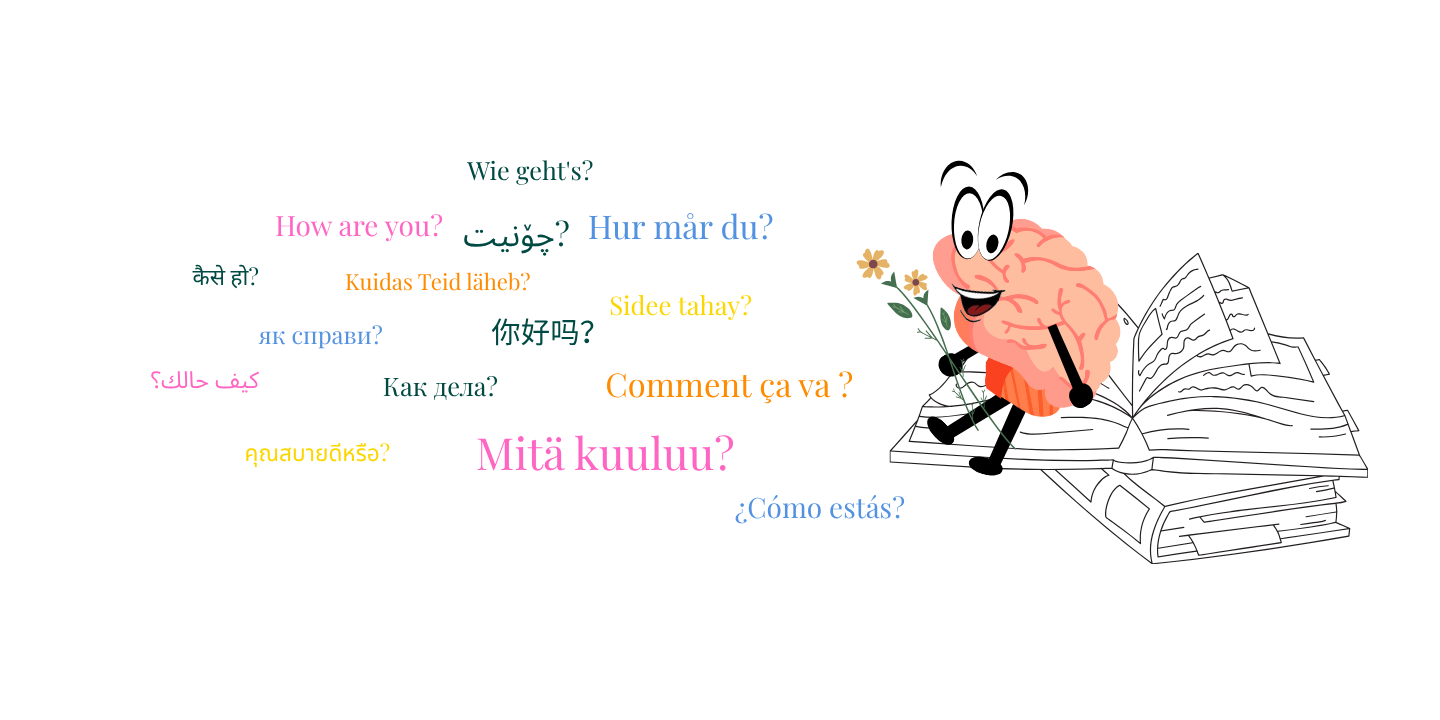ON MY MIND
On My Mind -activities of the University of Turku aims to promote student wellbeing through community and peer support activities. Our main objective is to make sure that no one is left alone with their worries.
Get to know our peer support activities
Why does community matter?
Community consists of the small acts of everyday life – it’s meeting and acknowledging one another. Community is built in campus hallways as well as in seminar rooms, bike parks and while working on group assignments. You can be the one who sees the unseen.
Community helps transform a higher education from an institution into a meaningful place, where students feel safe to experience and grow, to try and to fail. Community gives strength and courage. It helps you connect and experiment. Community helps in coping—and in laughing.
Three ways to enhance community
- By noticing others by asking, “How are you?”
- By creating and holding interaction. How can we help students feel connected to their studies and encourage group formation?
- Eating together and promoting a more open food culture on campus.
Do you feel like you belong to the student community?
News and events
After School Club is back!
Nyyti ry's groups for the upcoming year of 2026, sign up!
FSHS: Get to know the spring semester 2026 groups
Follow us on Instagram @mielen_paalla!

